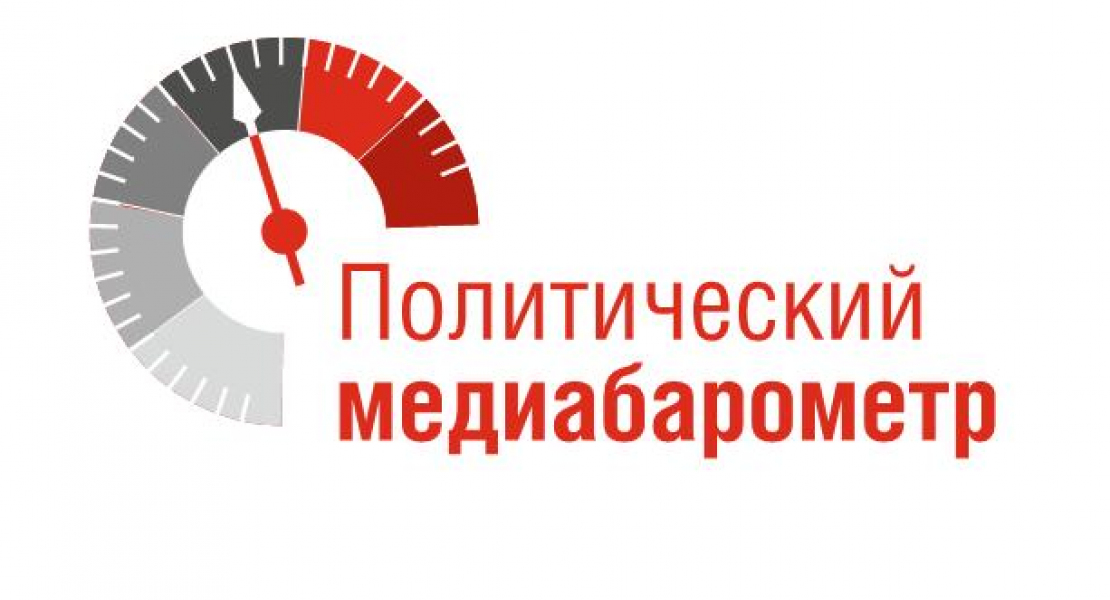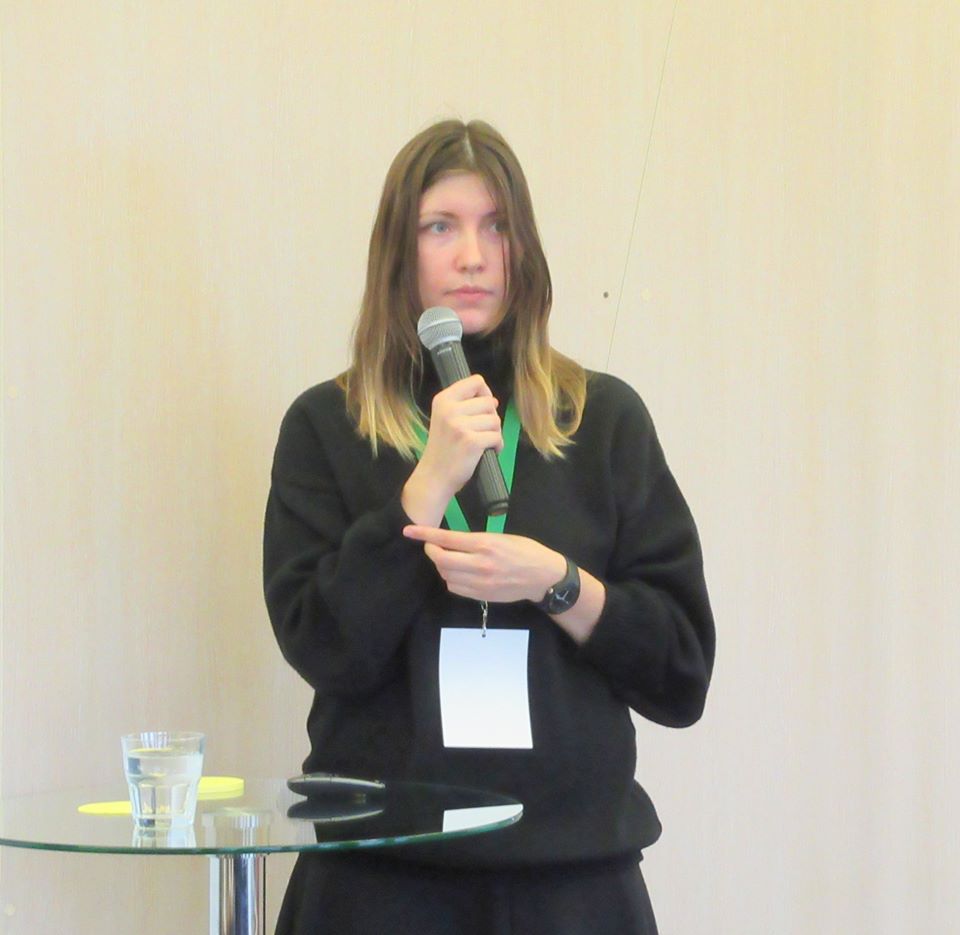Belarusian Institute for Strategic Studies (BISS) presents the fourth issue of its quarterly report, “BISS Political Media Barometer (January-March 2013)”. This report completes the annual cycle of studies and contains information about communications of political forces and their reflection in the media.
During this year, BISS evaluated the dynamics in the volume and content of messages sent by political opposition before, during and after parliamentary elections. This allowed not only to describe the main trends but also to track down the patterns in the structure and content of communications among political forces.
The last quarter can be viewed, on the one hand, as a "benchmark" period during which no significant events (e.g., the liberation of political prisoners in April 2012 or a parliamentary election campaign) changed the picture of political communications. This period encompasses the "bottom" of election cycle (after holding parliamentary election campaign in September 2012 and before the start of actions to prepare for local elections in 2013 and presidential elections in 2015). On the other hand, traditional opposition campaigns such as the Freedom Day occurred specifically in this period. The presence of such important dates in political and oppositional traditions also confirms the need for evaluation of annual dynamics in the communication field.
If we look at specific events in the country’s political life, we can draw a conclusion about positive changes in planning program activities and their realization, which is also confirmed by relative success of communications. An important recommendation to political forces from the experts and analysts was the need to be more active in the periods between elections, when the authorities mobilize less efforts to attract the electorate. Independent political forces used this recommendation to their benefit.
Our analysts observe the positive and negative changes in political informational field.
Positive changes: the increase in the share of own communications; more attention towards socially significant topics; the decrease in the share of “passive” communications; politicians speaking out as event participants; significant growth of mentions of meetings with voters as a form of offline activities.
Negative changes: the decrease of the general amount of mentions in comparison with the previous quarter; the decrease of share for printed media; the decrease in the amount of messages on economic issues; the growth of share for "reactive" communications; the growth of share for mentions of politicians without referencing their political structure affiliation.
Besides, among political forces those that are active inside the country become more significant.
In general, we can state that communications of political forces between January and March of 2013 were relatively successful.
Read the English text of the BISS Political Media Barometer in PDF



